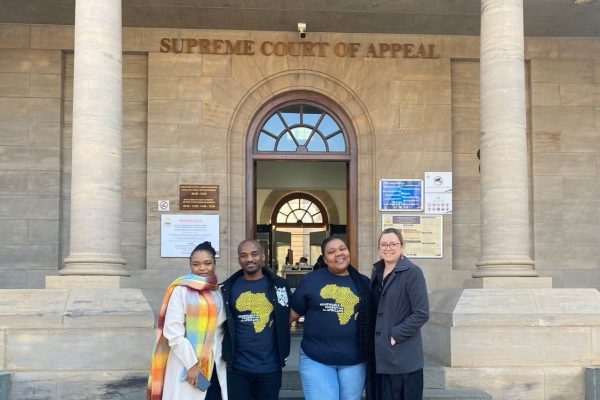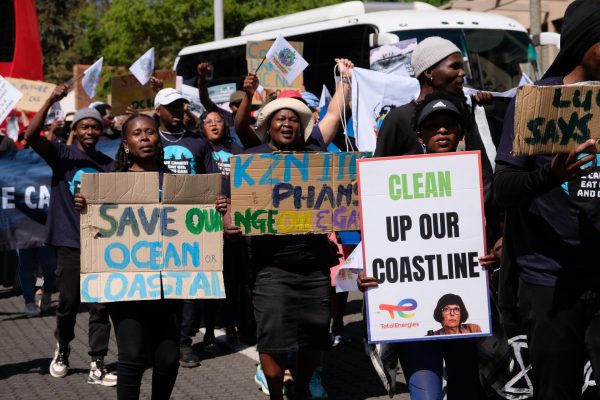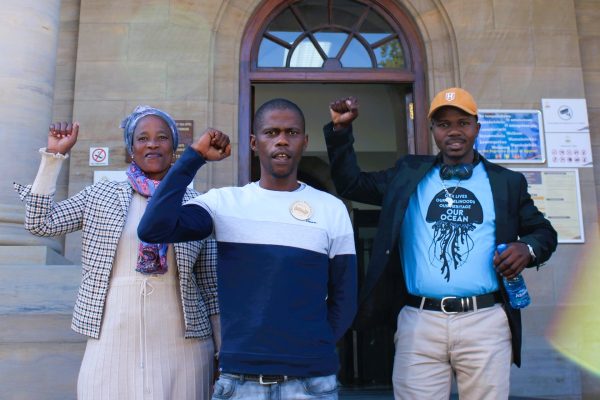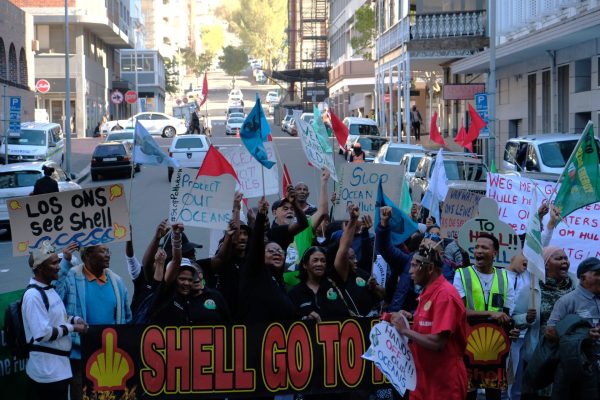My journey with Natural Justice began with much excitement, but also with a slight apprehensiveness. The apprehensiveness came from the reality that I would be engaging with concepts, communities and legal frameworks which I was not securely familiar with. Despite this apprehensiveness, I gladly dove into the sea of the unknown that is environmental and social justice for communities and the environment. As part of the team led by Lesle Jansen, I was actively involved as a legal consultant in the Governance of Lands and Natural Resources programme. Here I developed an understanding of community lawyering and the impact that it has on the development of mechanisms that not only empower communities in the quest for acknowledgement of their rights to land and natural resources, but ensure protection and enforcement of said rights.
Natural Justice’s work with the Khoi-San and other indigenous communities, gave me a suitable platform to contribute towards the work centred on empowering the various indigenous peoples in a manner that was reflective of the African Commission’s stance on the rights of indigenous people. During my time at Natural Justice I specifically worked on a variety of different issues; those being the recognition of the status of Khoi-San as indigenous people within the South African context; the development and drafting of an industry wide benefit sharing agreement for the use of genetic resources to the Hoodia plant; and the initial development of the Bio-Cultural protocol for a Small-Scale fishery community in the West Coast of the Western Cape. My work culminated in facilitating a session at a land conference organised by Natural Justice in which I was able to advise a small-scale fishery community known as the Guriqua people, on how their customary law and practices can be used to access community-based fishing rights for their survival and subsistence.
As a result of a direct role in community lawyering, I developed a better understanding of the role that we as lawyers, myself included, can play in leveraging our legal knowledge to enhance the application of the principles of our constitution with the context of marginalized communities. I developed a better understanding of how the law can, and should be utilised in ensuring the achievement of social and environmental justice. Due to my proximity to issues affecting the indigenous peoples that Natural Justice represents, my time here has exposed me to the intricacies and nuances of community lawyering and working with indigenous peoples.
I thoroughly enjoyed my short time at Natural Justice and the work that I contributed to not only developed me professionally, it did so personally as I walked away with a renewed sense of what type of lawyer I want to be, as well as what type of lawyer I need to be. I am proud to have contributed in some way towards work centred on the empowerment of indigenous communities, and the environment they live in.







